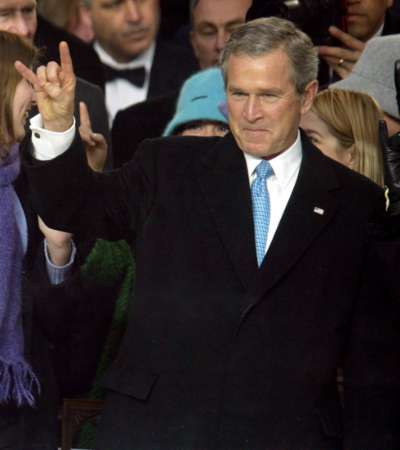The 2008 Asia-Pacific Economic Cooperation (APEC) gathering Nov. 22-23 in Lima, Peru, will be the first APEC summit attended by both the new Russian president and the outgoing U.S. president. Although Russia and the United States have a lot to talk about these days, little of substance will be discussed between the two powers in Lima. Russian President Dmitri Medvedev has another agenda in mind for his tour of Latin America.
Russian President Dmitri Medvedev left Nov. 21 for Lima, Peru, to attend the Asia-Pacific Economic Cooperation (APEC) conference, which brings together the leaders of 21 countries that border the Pacific Ocean at a time when the global financial crisis is at its height and tensions are growing among many of the world’s most powerful countries.
APEC itself has devolved from its original design as a multilateral trade group to mainly that of a forum for a handful of world powers — principally the United States, Japan, China and Russia — to hold bilateral meetings. Each of the member countries typically gets some face time with other leaders, but it is typically the Big Four that are heavily watched — especially now. This is the first big summit since August, when Russia invaded Georgia, that will be attended by both Russian and U.S. leaders.
There are many critical issues on the table between Russia and the United States, including the aftermath of the Russo-Georgian war, missile defense in Europe and the global financial crisis — all expected to be discussed during the next U.S.-Russian summit. But Medvedev implied Nov. 5 in his state-of-the-state address that he would no longer deal with the current U.S. administration and was waiting for President-elect Barack Obama to take office before he started negotiations with Washington. Medvedev has seen a possible opportunity in Obama’s presidency to strike deals on policy directions set by the Bush administration.
Although Russia and the United States traditionally hold side meetings during the APEC gathering, none is on the schedule. According to Stratfor sources in Moscow, Medvedev is willing to meet with George W. Bush for what adds up to mainly a photo opportunity but not to discuss anything in depth, even though Washington has requested a more serious sit-down. Medvedev is making a point of marginalizing the current U.S. administration at a very public forum.
Medvedev has other things he would rather concentrate on while he is in the Western hemisphere. First, the Russian president is looking to his meeting with Chinese President Hu Jintao to cover a host of topics, including Chinese loans to Russian energy firms, pipeline connections and Russia’s relations to its Asian neighbor as Moscow continues to reassert itself in the international arena. But Hu has other things in mind — mainly working with the United States on the current financial crisis — and China has given no indication that it is committed to any Russian agenda.
This leaves Medvedev with the other reason for his trip: a tour of Latin America. Following his snub of the American president, Medvedev will travel to Brazil (Nov. 24-26), Venezuela (Nov. 26-27) and Cuba (Nov. 27) — all countries that the United States considers critical in maintaining stability in the hemisphere.
The interesting thing is that Medvedev has pulled together an unusual entourage of Russian power brokers. Stratfor sources indicate (though this is not confirmed) that the team includes Russian Finance Minister Alexei Kudrin and former Federal Security Service chief and Security Council head Nikolai Patrushev. These two are not typical travel companions for the Russian president — and they never travel together. But they are two people who can get things done in the Russian system: one holds the checkbook, the other the cloaks and daggers. Their joint presence is a clear sign to Washington that Moscow is attempting to solidify its position either financially or with shadier tools right in Washington’s backyard.













